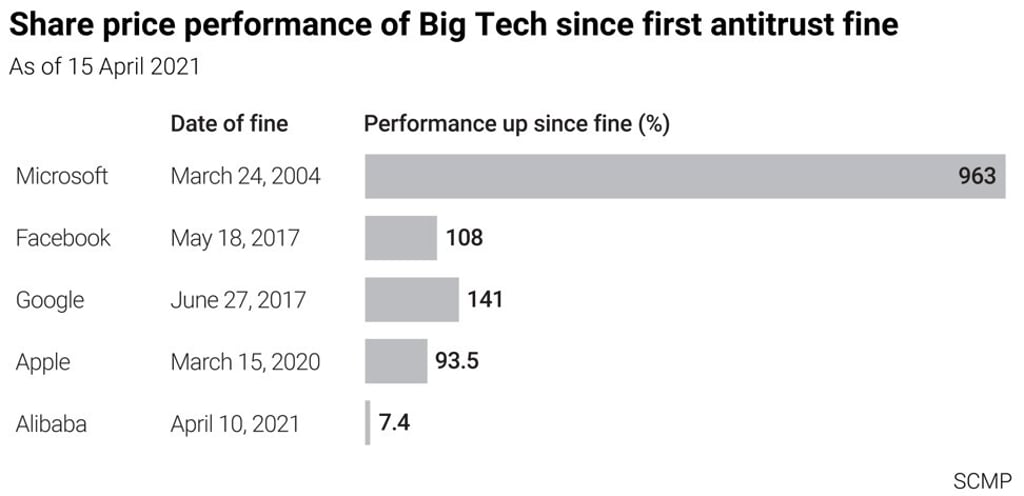Advertisement
China’s regulator names 33 apps including Baidu, Sogou, iFlytek, Tencent for unauthorised data collection
- Thirty three apps from Tencent, Baidu, Sougou and more are among the latest to receive scrutiny over user data
- App makers will have to comply with new privacy regulations banning collection of data and forcing user consent
Reading Time:2 minutes
Why you can trust SCMP
1

China’s government has found more than two dozen mapping and text applications to be in violation of data privacy regulations, in an expansion of the nation’s crackdown on the technology and internet industry.
Thirty-three applications operated by two dozen companies from Alibaba Group Holding to Tencent Holdings were listed in a notice by the Cyberspace Administration of China on Saturday, mostly for collecting data that was not relevant to their services. The companies were given 10 days to rectify their unauthorised data collection, or face financial penalties, the regulator said.
The app operators were divided into three categories of abuses. The first group comprised 15 text-input apps for search, translation and other interfaces that required switching between alphabets and the pinyin system of Chinese phonetics, including those provided by Sogou, the speech intelligence company iFlytek and Baidu.
Advertisement
The second group consisted of 17 map and navigation applications, including those provided by Alibaba’s AutoNavi, Baidu, Tencent and China’s home-grown satellite navigation system BeiDou. The third category involved a closely held company called Zhejiang Jianxin Technology, which used its Lianxin social-networking app to distribute unauthorised sales and marketing messages.
Advertisement
The latest notice was published on the same day that new data collection regulations by the Ministry of Industry and Information Technology (MIIT) came into effect. The MIIT regulations, first announced in March, hold application providers accountable for collecting what the regulator calls “excessive” user data unrelated to their core services, and forcing users to give uninformed consent to how their data is used.
Advertisement
Select Voice
Select Speed
1.00x
